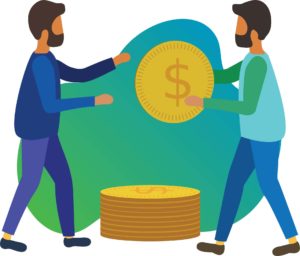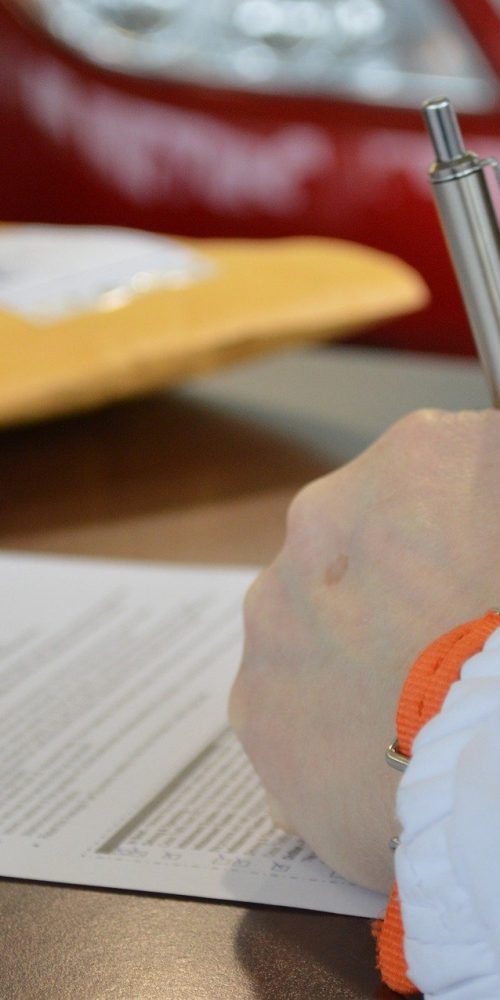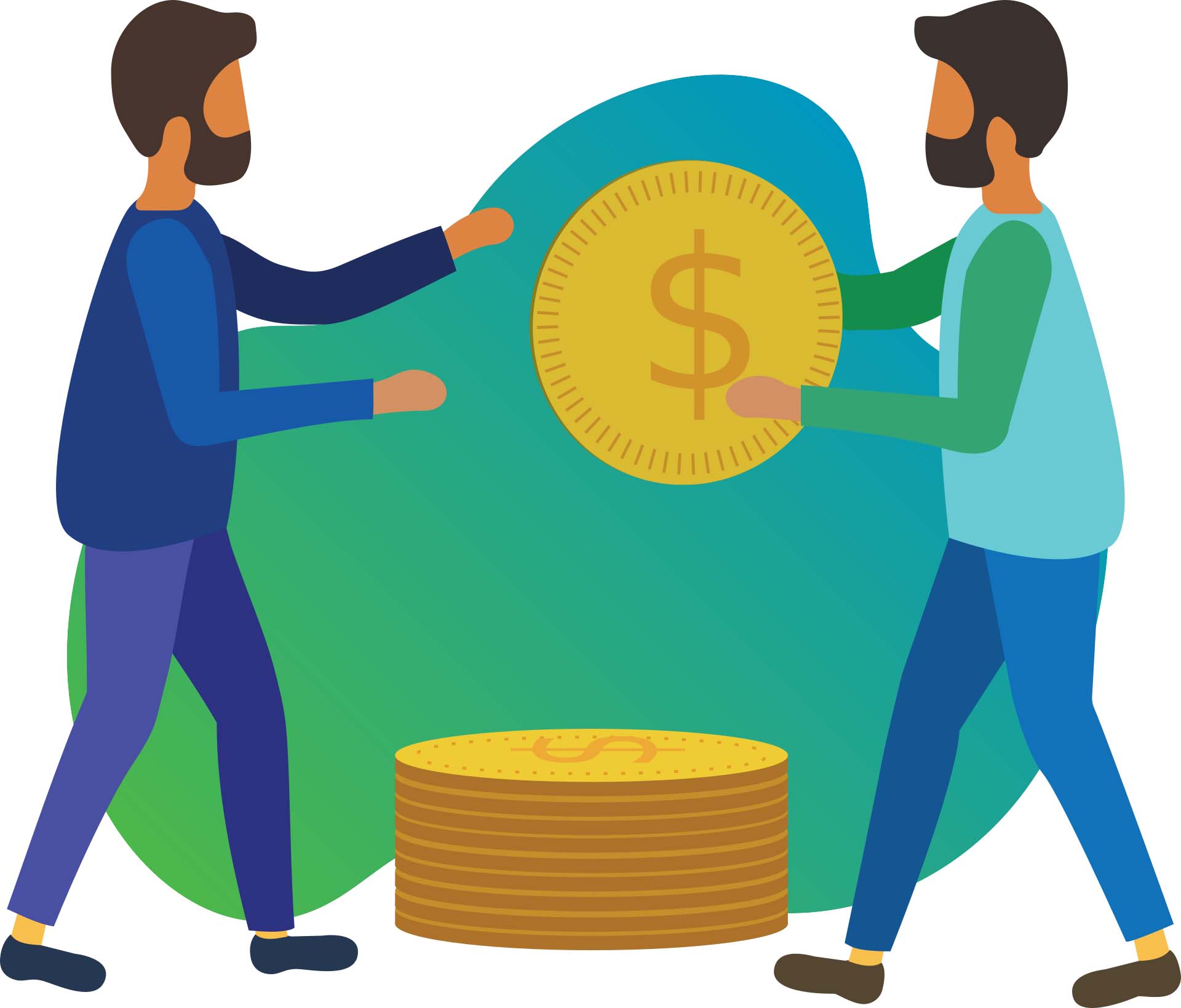Secured Debt Consolidation Loans Explained
It’s worth taking time to work out how to get on top of debt as quickly as possible, once you feel it’s becoming unmanageable.
Considering getting some debt consolidation advice before it scales out of control and may become a permanent problem against you getting future loans, mortgages, credit, etc.
Often, a debt consolidation plan will recommend a secured or unsecured debt consolidation loan, after a company has reviewed your particular situation.
Generally, a debt consolidation loan helps you to repay all your debts and you just make one individual payment each month. This is across a period of agreed time to pay it off, the same amount each month, if you opt for a fixed interest rate. However, if you have a variable interest rate, then they will be varied on base rate variation.
 All debts are amalgamated into one loan via a debt consolidation loan, so it allows you budget and plan because you just pay one payment per month, which covers all your debts.
All debts are amalgamated into one loan via a debt consolidation loan, so it allows you budget and plan because you just pay one payment per month, which covers all your debts.
So, it’s the interest rate options are either fixed (stays the same every month) or variable (based on base rate), then you either take out a secured debt consolidation loan or an unsecured debt consolidation loan. An unsecured debt consolidation loan is confirmed as a mutual written commitment to pay the loan in full. If you don’t then the creditor can take legal action to recover the rest of the loan that is owed.
After the financial crisis, lenders are quite choosy regarding who they accept future loan applications from, this is because they were faced with so many defaulted loans after the crisis.
However, if you apply for a secured debt consolidation loan, these are propped-up by offering an asset of the same value against the loan. This could be a car, a house, a boat, etc. The interest rate tends to be a bit lower than an unsecured debt consolidation loan because it has the asset attached to the agreement, giving them more security of full payment against the loan.
Secured debt consolidation loans are attractive with the lower rates, but you run the risk of losing the asset you secured against the loan, like your home, car or boat, if you default on your payments.
It can seem like a slam-dunk to sign-up for a consistent monthly payment if you have a monthly payday and money into your bank account on the same day of the month, every month. But… what if that payment suddenly stopped? What if, then you don’t have the money to pay back the loan?
Consistent unemployment figures mean that it does happen, it’s not totally unacceptable to say that it doesn’t happen and it is realistic to say that you have to be aware that it could. Therefore, you must consider this before you sign-up to paying off a loan every month for a period of time.
Sometimes, an unsecured loan isn’t given as an option. This could be because you have too many negative points within your credit history. So sometimes a secured loan is the only debt consolidation loan option.
If you go to the right debt consolidation company, they will help to explain exactly what the risks are with regards to both an unsecured and a secured debt consolidation loan.
The company will be led by all the information you give regarding your financial status and employment history as to what they would advise as to your best option. It’s worth taking time to reflect and consider all options before signing-up for any future debt consolidation loans. Don’t always be attracted to a lower interest rate, if your house could be repossessed if you do unexpectedly lose your job or find yourself unemployed.
We offer Debt Consolidation Loans for homeowners.
Our team is on hand to help with number of questions you may have.
If you are struggling with debt, please visit Money Advice Service for help and advice.
We are a broker, not a lender.
Visitors also read:
 Why should you apply for a debt consolidation loan online
Why should you apply for a debt consolidation loan online
Why should you apply for a debt consolidation loan online
 Coronavirus Debt
Coronavirus Debt
Coronavirus Debt
 The Role of the City Watchdog
The Role of the City Watchdog
The Role of the City Watchdog
 Competition Is Key to Loan Deals
Competition Is Key to Loan Deals
Competition Is Key to Loan Deals
 How to pay off debt fast
How to pay off debt fast
How to pay off debt fast
 Avoid the Costs of Unofficial Websites
Avoid the Costs of Unofficial Websites




